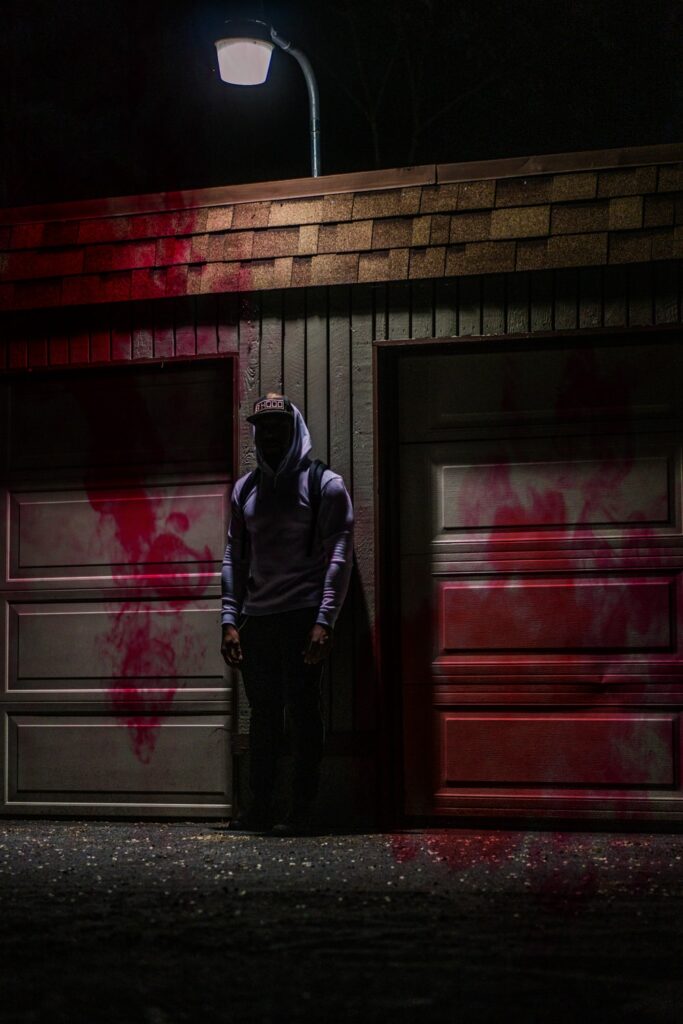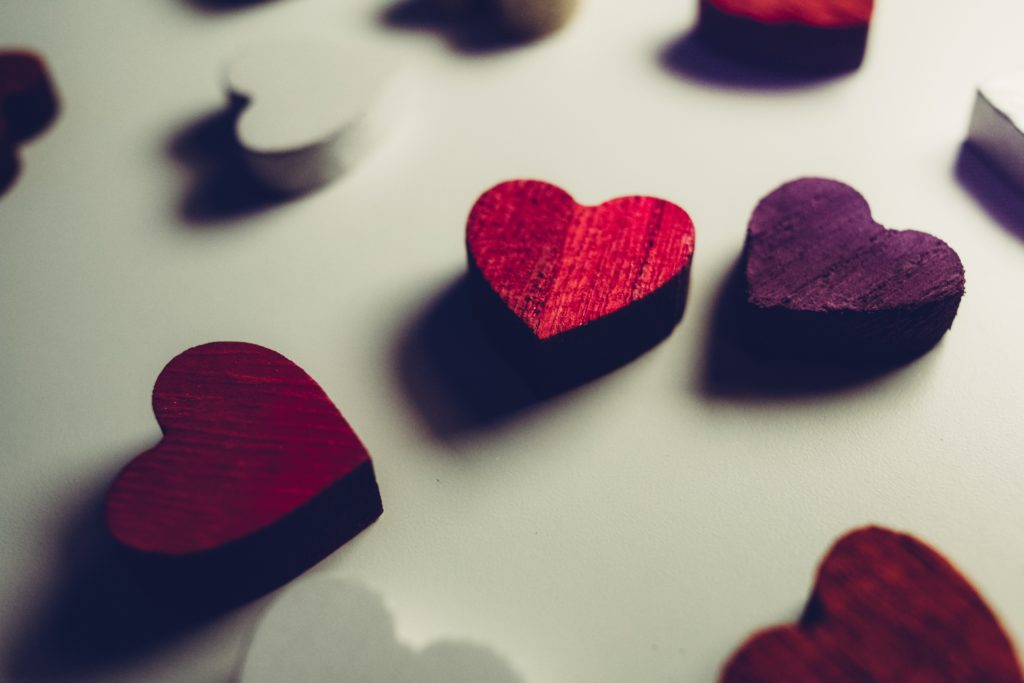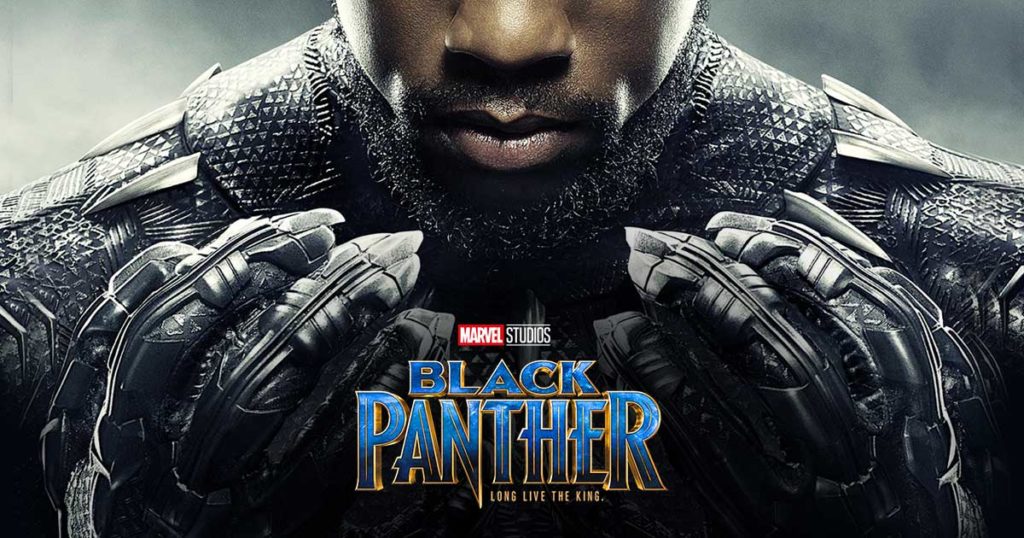“What? You scared?” She sneered at me, as I hid under covers. Gory death flashed across my mind for minutes, even after my eyes had closed.

Once, when I was a young kid, I plopped down in front of a television late at night. I had been waiting for cartoons to start. Instead of cartoons, however, I was met with screaming, blood, and pain on the screen. It turns out the family was big horror fans and I… was not.
Why wasn’t I a fan? It was partially due to the images on the screen – which would scar many young kids – and partially my confusion at my family’s joy. How could this family be so happy to watch others suffer? I had a deep, confusing feeling that I wasn’t meant to like this.
Why Tell This Story?
The overlap between Blackness, horror and Halloween have always been complicated conversations. In current times, Halloween is dominated by racist costumes, appropriation, and Black face. Instead of focusing on wearing considerate or simple costumes, many people decide to center Halloween around the question, “What can we get away with wearing?” It has become a holiday when many (often privileged white) folks will boast their freedom, choosing to wear bad, offensive costumes over something thematically appropriate… or actually scary.
Is Blackness horrifying?
We all know how Halloween works: You dress up like ghouls, make some pranks, and get free food from your neighbors. Sometime after Mean Girls was released and neighborhood committees became a thing, adults got into the action. Suddenly, Halloween wasn’t just for kids: It became an event that allowed people to wear outfits they usually couldn’t. Adults started using it as a time to wear clothes that were friendly, or sexy, or even offensive.
It was during this time that big business started really looking at the adult market. This is when adults started dressing as Black people for Halloween with greater ease.
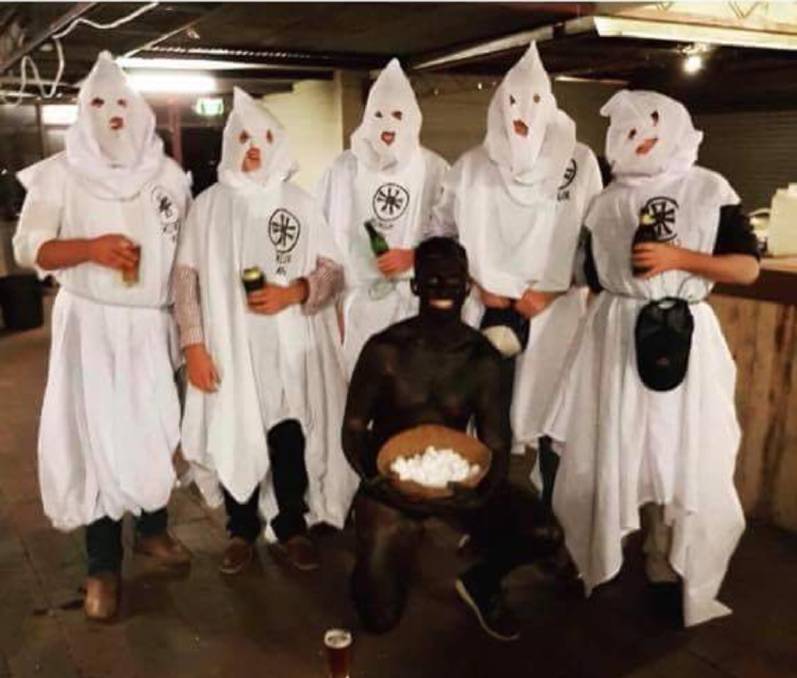
Black people have been seen as “inhuman” since we were brought here. Being seen as less than human was the only way we could be enslaved.
In time, certain themes started cropping up. White people believed we were soulless beings and came up with reasons why we deserved our treatment. These reasons turned into tropes, such as that we are “savages,” “stupid” or “lesser” than white folks.
Why Did People Think This?
Minstrelsy played a good hand in this, along with propaganda about African Americans. Once film became popular, it’s not hard to see why this showed up in general. Historically, these offensive tropes have frequently popped up in horror films.
I stumbled across this documentary on Blackness in horror films called, “Horror Noire.” Through the documentary, the filmmakers explored White views on Blackness: Starting with when we were brought here, to present day. They also explored how we were portrayed in film through the ages.
Surprise! It’s not been great representation.
The film also showed Blacks relationship to horror over the ages and why it’s currently growing in popularity for Black audiences.
“Black Horror is Black History.”
This is a quote from the documentary that really stuck with me.
When I heard it, I froze. I imagined I was transported back to the 90s. I recalled how I felt watching horror movies. Over time, I had begun to suspect that I was the monster. I had seen so many people saying so on the news, it was hard not to believe.
It would be a few years later when I would begin reading history books. Nauseous and crying, I found that the same things that happened in those movies also happened to people just like me.
The Horror Was Real
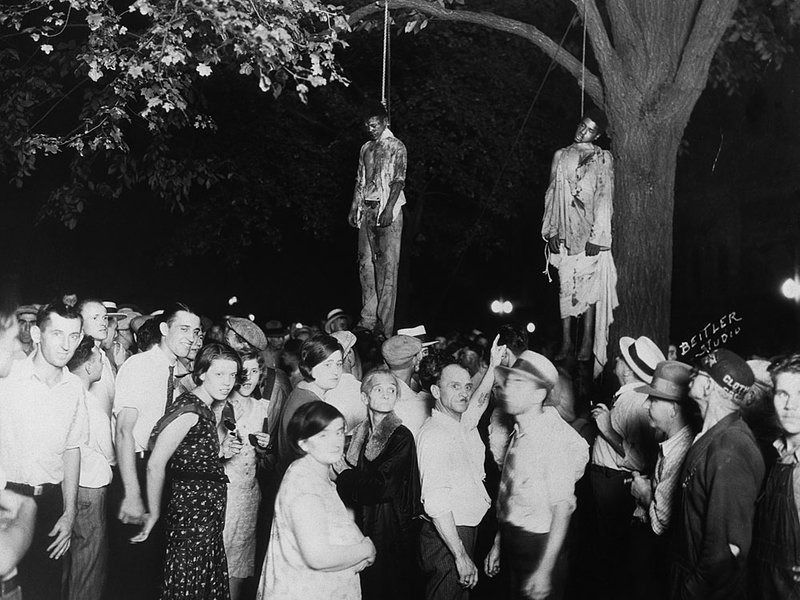
The only way White people were able to allow terrible things – such as racism and lynching – was to see us as the monsters.
What I love about “Horror Noire” is it shows different ways we were shown to be portrayed. Historically, Black people in horror movies have been portrayed as either “monsters” or “expendable characters,” only here to support white people because their lives mattered more. Here, it’s clear that art truly echoes life.
How does this relate to Halloween costumes?
It is only now (in the late 2010’s) that we are getting movies with Black leads who don’t die in the first act, aren’t the villain, and aren’t sacrificial. It’s recent that Blackness and horror don’t naturally go hand in hand. As this country begins to slowly move past its awful views on Black American humanity, Black people are finally getting portrayed as people.
This is part of why conversations around costumes is even more important.
Black people (and minorities) aren’t monsters to dress up as, jokes to be laughed at, people to be hypersexualized, nor a sacrifice to white comfort. Wearing costumes that include Black face or emphasizes a minority stereotype dehumanizes Black people and minorities
If you can’t walk up to a Black person and say, “Don’t be sensitive I’m just seeing you as a monster and expendable for my enjoyment,” maybe that’s not something you should be wearing.
Want more history? Check this post out!
Editors Note: This post has been updated for clarity.
